A Guide for Travelling with Menopause
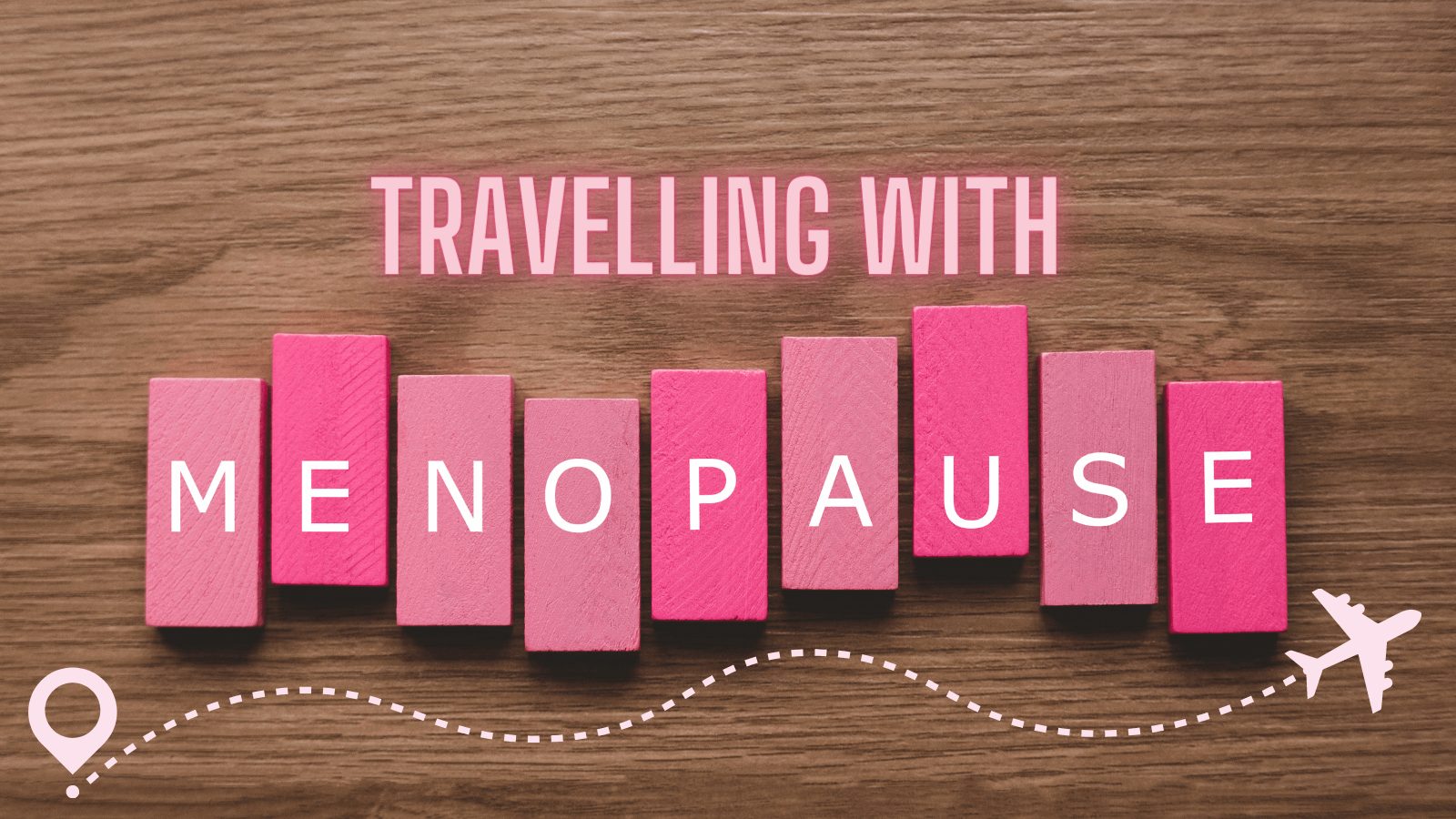
Before we start, we would like to thank Diane Danzebrink for assisting us with this article. Diane is a therapist and wellbeing consultant, founder of menopausesupport.co.uk and the #MakeMenopauseMatter campaign.
Travelling can be a stressful experience as it is but those that suffer from menopause can find it even more challenging. Just the thought of leaving the house can seem daunting so the idea of actually going to another country might leave you feeling anxious and overwhelmed. To give you the confidence to travel, we’re created a helpful guide about travelling with menopause, as well as tips to manage symptoms when travelling.
What is menopause?
Menopause is a time when your period stops completely because of low hormone levels. This will usually happen between the ages of 45 and 55 years, although it can happen earlier. Sometimes there are reasons such as removing the ovaries, uterus or some cancer treatments that can bring it on earlier. Although, sometimes, you might not know the reason for the earlier onset of menopause.
What are some common symptoms?
Now, let’s talk about some of the common symptoms that you’ll experience during menopause and how to manage them whilst travelling.
Bloating
Bloating is one of the most common menopause problems and you can blame your fluctuating hormones for that. Changes in oestrogen levels mean that our bodies will store more water and make you feel bloated. The amount of bile that we produce also alters, which means that it affects how we digest fat which causes more wind, bloating and constipation.
Having to deal with all of this can be challenging as it is but adding in being on a plane and going to another country can be especially hard.
So how can you alleviate bloating symptoms whilst travelling?
- Make sure you keep moving and book activities that will keep you on your feet as this will really help. Perhaps choose activities such as hiking or book a walking tour of the city. But if it’s more of a lounge-by-the-water holiday, swimming can be a great way to help with bloating!
- Flying can make you feel dehydrated and your skin will often feel dull or dry after flying, so it helps to bring a bottle of water. If you want to have an alcoholic drink, it’s better that you don’t drink it before flying as it will increase your chances of bloating during your flight.
- Try to avoid foods that are ‘trigger’ foods such as carbonated drinks and salty snacks because that will make the bloating worse. Instead, try to snack on fruit and vegetables or other alternatives.
- Wear loose-fitting clothes to the airport as the cabin pressure can often make you feel bloated. We also suggest that you pack loose-fitting clothes for your trip too for the days when the bloating is really bad. Loose clothing will feel much nicer for the body.
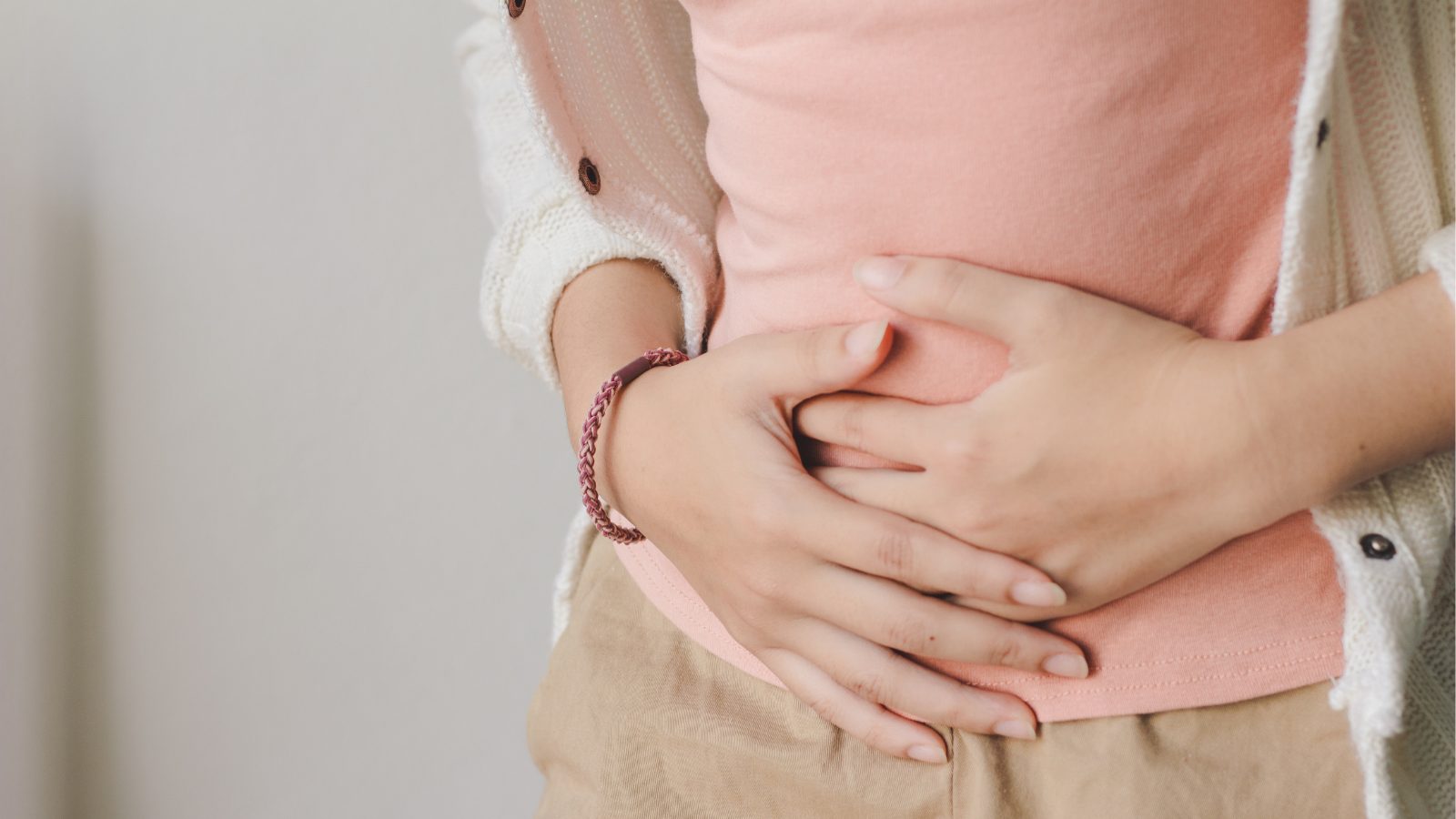
Hot flushes
It could be that you may not experience hot flushes at home but going to hot countries in summer can trigger them. Hot flushes can be a sudden feeling of heat and at times, it can be accompanied by a flushed face and sweating.
How to alleviate hot flushes whilst travelling?
- Layers are your best friend! as Diane Danzebrink emphasise “it’s a good idea to travel in layers that can be removed and put on quickly and easily. If you are travelling to a destination where the climate is going to be warm, pack light weight clothing made from natural fibres like cotton.”
- Carry a frozen water bottle by your side as that will help with cooling you down.
- Make sure you keep your room cool by either using the air conditioning or keeping the windows open.
- Whilst exercising is really good for you, make sure to do it in a cool and ventilated room so you don’t get too hot. Alternatively, you could exercise in the morning when temperatures are much cooler.
- Book a place with a pool so that if you feel hot, you can go for a quick swim or simply dip your feet in the pool to cool down.
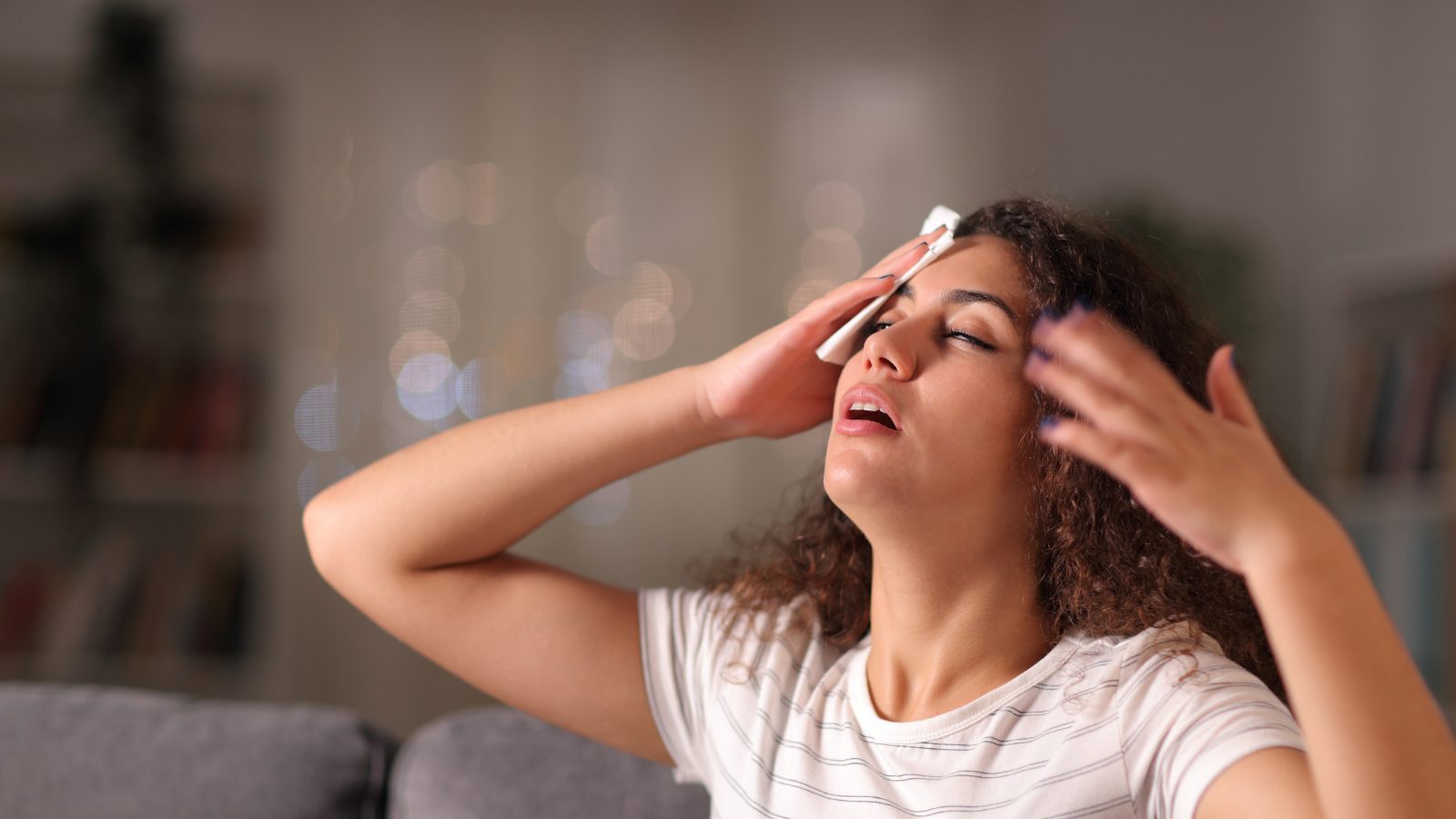
Night flushes
Like hot flashes, some people experience night flushes and you might find yourself completely soaked. It’s bad enough to experience this at home but on holiday, you might struggle to cope with the symptoms.
So what can you do to minimise it?
- As we mentioned for hot flushes, a bottle of cold water will help you reduce night flushes too, so always keep one by your bedside table
- Make sure to pack cool and light clothing so you don’t overheat when sleeping
- Don’t forget to pack an extra set of pyjamas so you’ll always have a set of clean clothes
- When booking a hotel, check that they have a laundrette service so that you can have your clothes washed in case you need to
- Pack some cooling towels, which can either be single-use wipes or reusable towels that you can soak in cold water to cool down. This can be an especially good way to cope if you don’t have good air conditioning in the room.
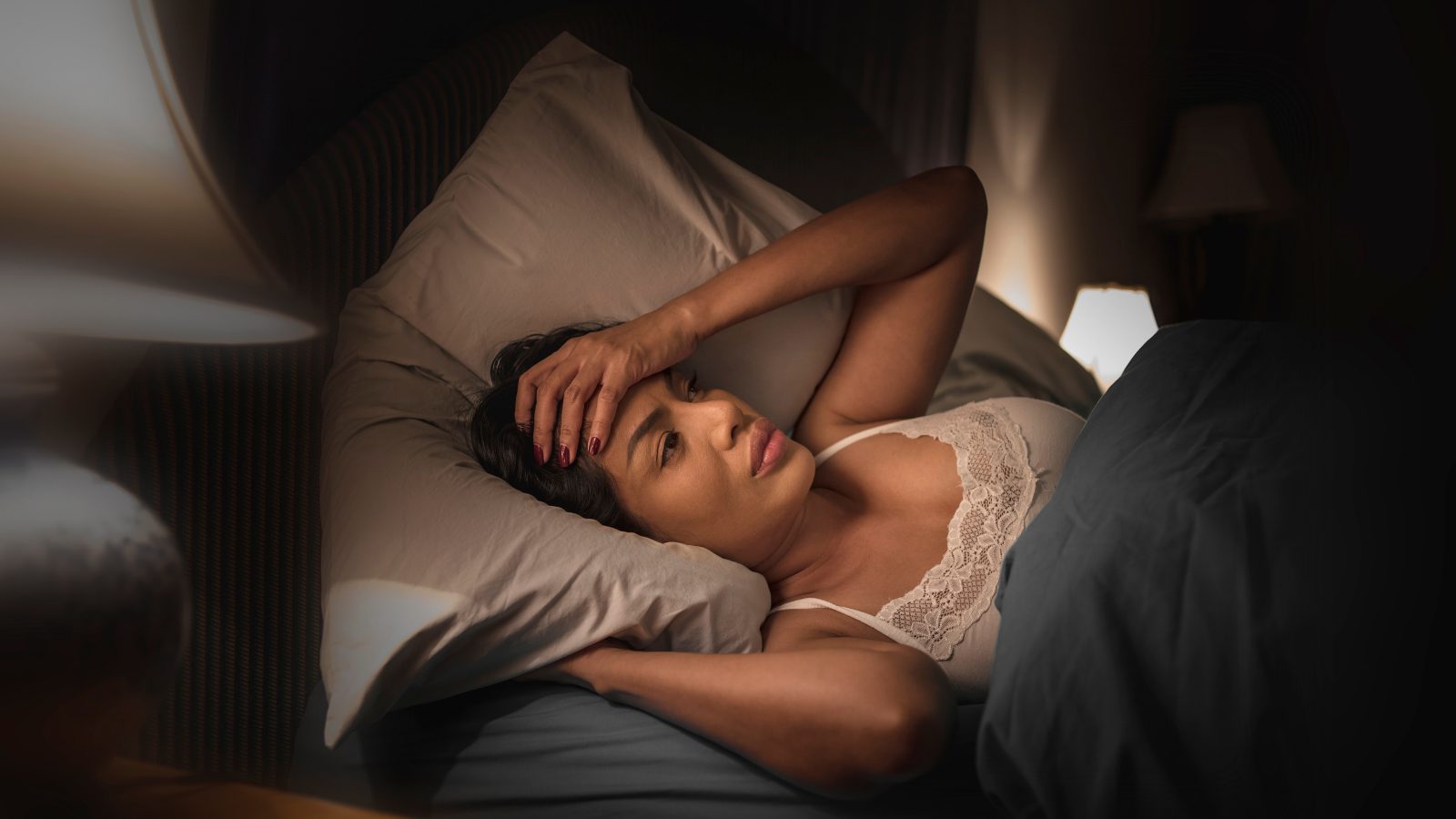
Anxiety
Menopause can bring a lot of unexpected anxiety. You could find yourself suddenly feeling nervous, anxious or worst case scenario, experiencing a full-blown panic attack. As we all know, travelling can be an anxiety-inducing experience but add menopause to the mix and it can make it that much harder to deal with.
So what can you do to manage it?
- Keeping busy can help, the more time you spend doing an activity, the less time you’ll have of something going wrong or feeling anxious
- Know what can trigger your anxiety for instance if you don’t like being in very crowded areas then you could try exploring more local areas
- Diane Danzebrink who is a therapist and wellbeing consultant suggets “My top tip is to prepare. If you are feeling anxious about upcoming travel do everything that you can to relieve the anxiety by planning ahead.” You can do that by utilising some great apps like TripIt: Travel Planner, where you simply need to forward your flight, hotel, car hire & restaurant information to their email address and the app will create a free master doc for your trip! Wanderlog is another great option, you can research your destination and create itineraries!
- You could also try out herbal remedies like homoeopathic medicines, which have been known to help with anxiety. For instance, there are medicines like Calcarea Carbonica, Aconite and Ignatia.
- You could also try things like rescue remedy which is a flower-based remedy, designed to help with emotional stress. You could grab it from your local Holland and Barret store!
- Finally, CBD has been known to relieve anxiety so you might want to consider trying that out too.
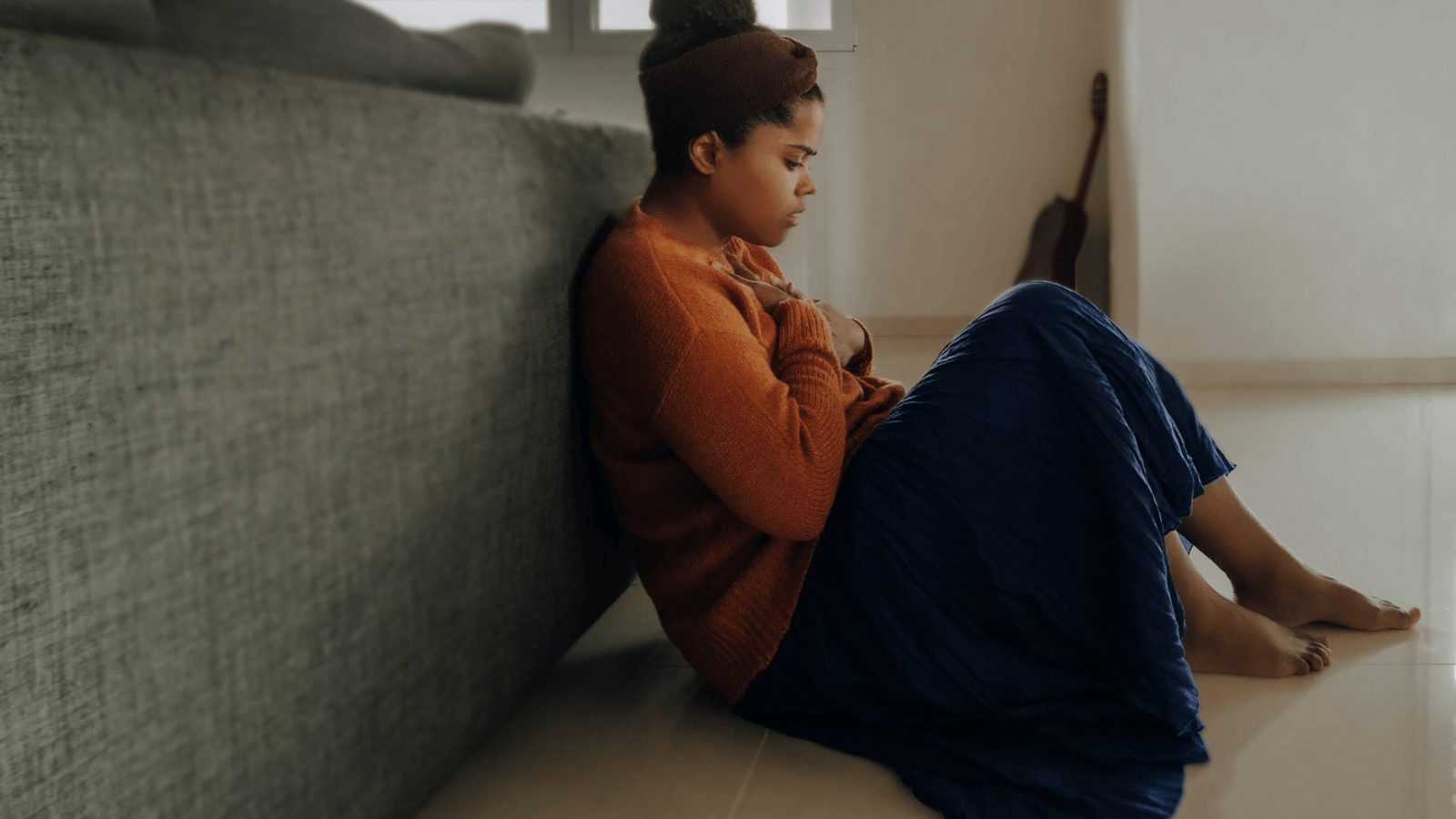
Brain Fog
Struggling to concentrate on daily tasks, as well as having memory problems can be some of the symptoms of brain fog. While this can be a struggle to deal with on a day-to-day basis, you might be worried about dealing with it when travelling. But some ways can help!
- Talk to your doctor before travelling and see if they can prescribe you some hormone replacement therapy that might help you deal with brain fog.
- Diane from menopausesupport.co.uk advises “for those experiencing issues with memory and concentration make sure that you have all your documents ready several days before you travel and set an alarm on your phone to remind you to check that you have them with you before you leave the house. This will help to relieve the anxiety of leaving vital documents behind.”
- Learning a new activity can help combat brain fog so it might be a good idea to try something new at your destination.
- Make sure to keep photocopies of your passport and any other important travel documents with you.
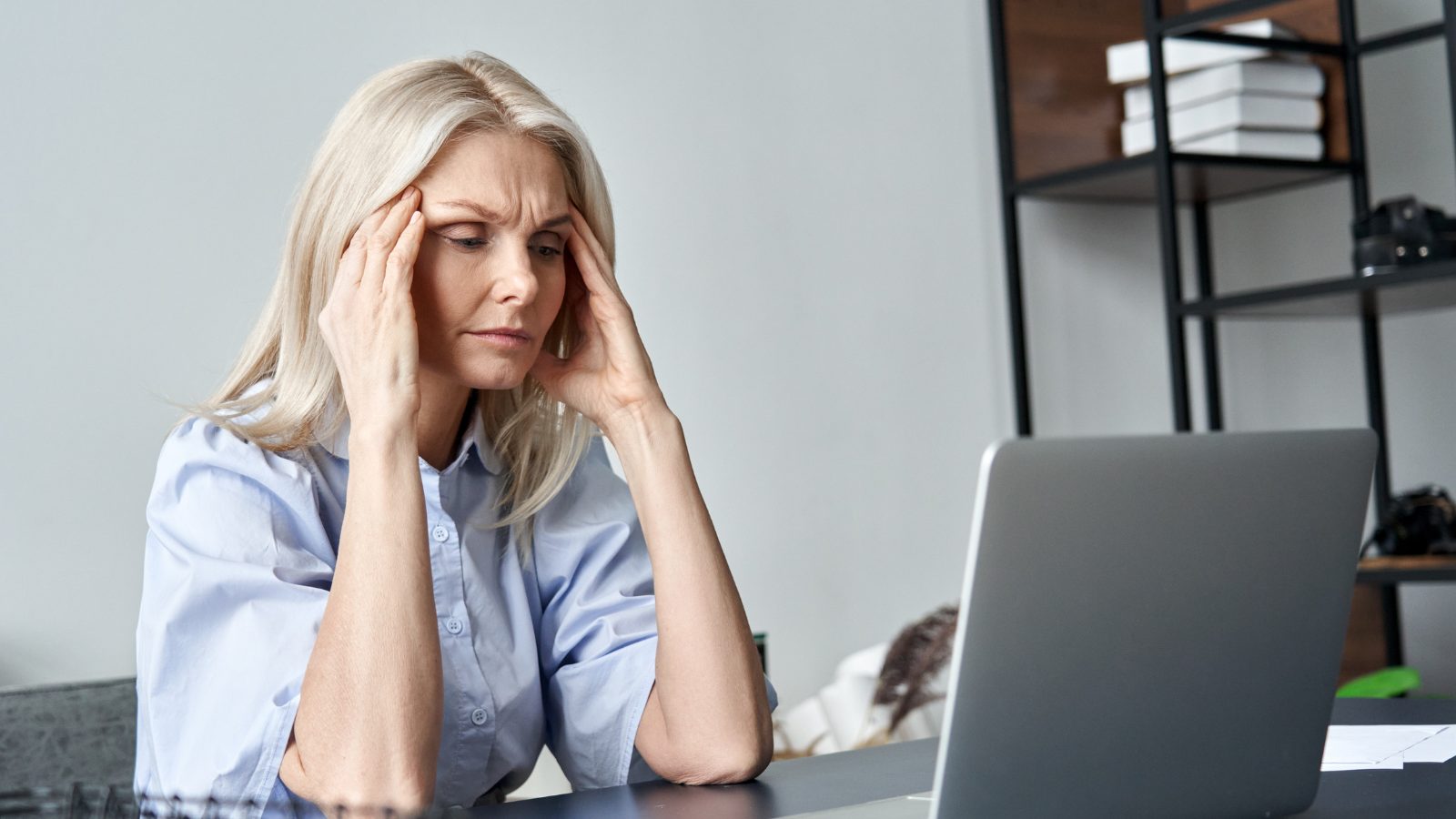
Changes to your period
Arguably the biggest change you’ll experience during menopause is the changes in your period. What used to be something predictable has now become erratic. You’re not sure when your period will start and so whilst you could plan your holiday around it before, now that is no longer an option.
So can you help to manage this and still enjoy your holiday?
- Regaring this, Diane advises “If you are still having periods, however irregular, don’t forget to pack your tampons, towels etc and keep some in your hand luggage while you travel.” It can especially be important as in some, you might find it difficult to find sanitary products so you want to ensure you always have some packed.
- If you want to be environmentally friendly, we recommend packing washable pads, and reusable menstrual cups. They can also be cost-effective and save you space in your luggage.
- Make sure to pack some dark-coloured clothes to avoid embarrassment if you do experience any “accident”
- Packing some painkillers can be a good idea anyway but it’s useful to have these on hand in case of additional cramps or headaches associated with menopause.
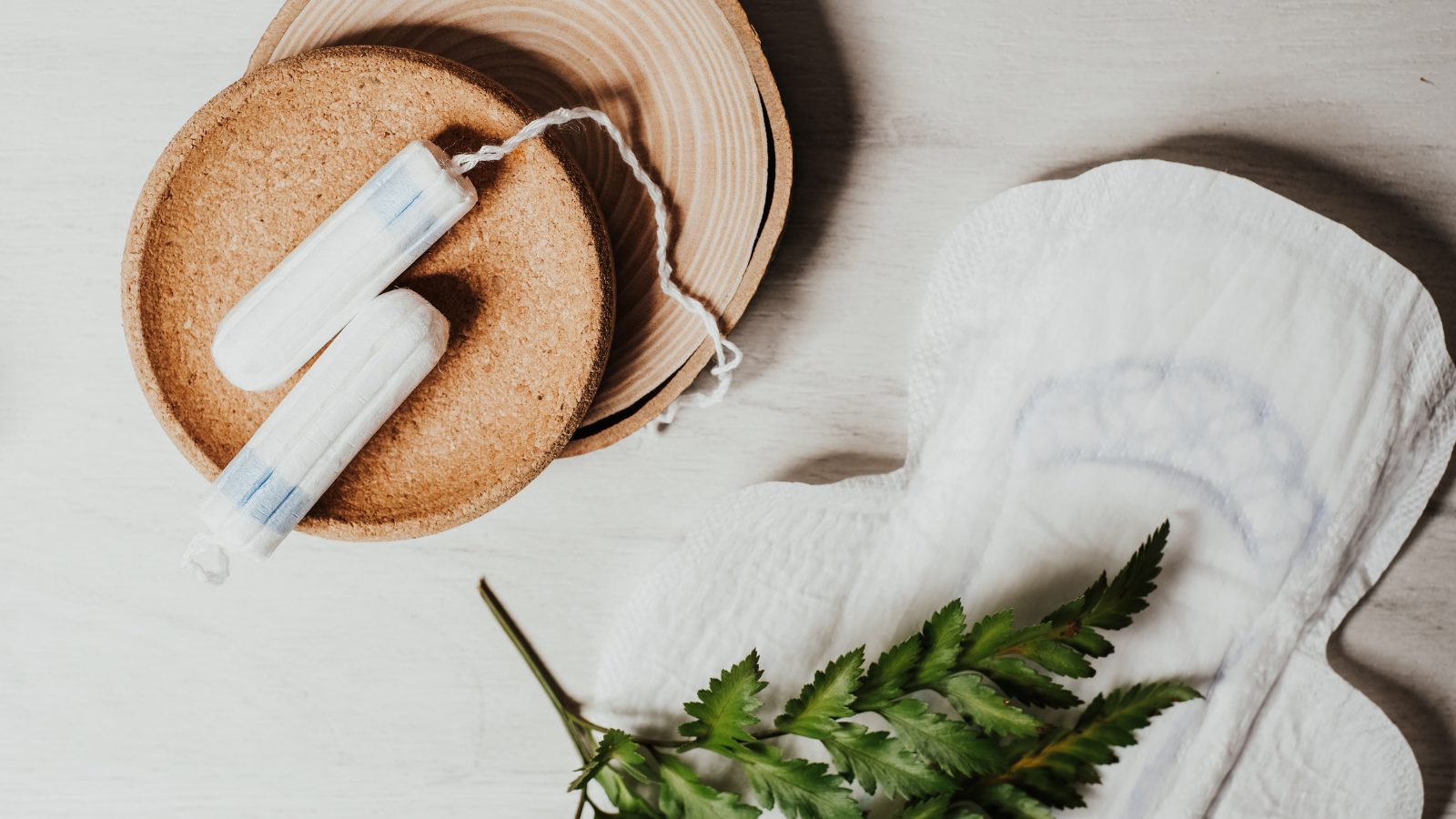
How to understand and then avoid triggers for menopausal symptoms
You know your body best and if you know that some things will trigger one of the symptoms mentioned above then we suggest trying to either avoid it or if you can’t avoid it, then find ways you can manage it.
Tips on how to manage some common triggers:
- Commonly, spicy foods can trigger a lot of symptoms so you might consider not eating a lot of spicy food. Or if you love spicy food, you could alternate it between nights. Concerning this, Diane says “whatever your symptoms try to limit things that could acerbate them, including alcohol, caffeine, sugar and spicy foods.”
- Travelling with the whole family can be a stressful experience and stress can often trigger a lot of the symptoms. So we suggest you let your family know so they can make the whole process easier for you. You could schedule alone time in the holiday where you can simply wind down and relax. This could be a private massage session or simply going sitting by a pool to read your favourite book.
although normally you’re only allowed 100ml of liquid in hand carry, for essential medicine you’re allowed to take more
Can I take my oestrogen/testosterone gel on a plane?
You can take oestrogen and testosterone gel with you in your hand luggage. Normally you’re only allowed 100ml of liquid in your hand carry, but for essential medicine you’re allowed to take more than 100ml. However, you will need a prescription or a doctor’s note to show that you need this. Airport security may open the containers to screen the liquids.
Tips for travelling with medicine:
- If you’re planning on taking prescribed medicine, make sure you’ve talked to your GP about your travel plans at least 2 months before you’re leaving. They’ll be able to tell you if you might need any special arrangements. They’ll also be able to provide you with a letter because for prescribed medicines, you need a letter from your doctor. This will not only help you go through customs easily, but it’s also helpful if you need medical help at your destination.
- Make sure you check the rules for your destination country, as well as any transiting countries because different countries might have different rules and regulations about the type of medicine they allow in the country/ the quantity of it.
- Make sure to always carry medicines or any medical equipment in their original packaging.
- Ensure you always carry your essential medicine in your hand carry so that you always have your medicine with you in case you lose your hold luggage. Diane from #MakeMenopauseMatter suggests that “if carrying in your hand luggage make sure that you check the government website and that of the airline that you are travelling with for any restrictions.”
- Pack more hormones than you might need so that if you get stuck abroad or need to extend your trip, so you’re not short of supply.
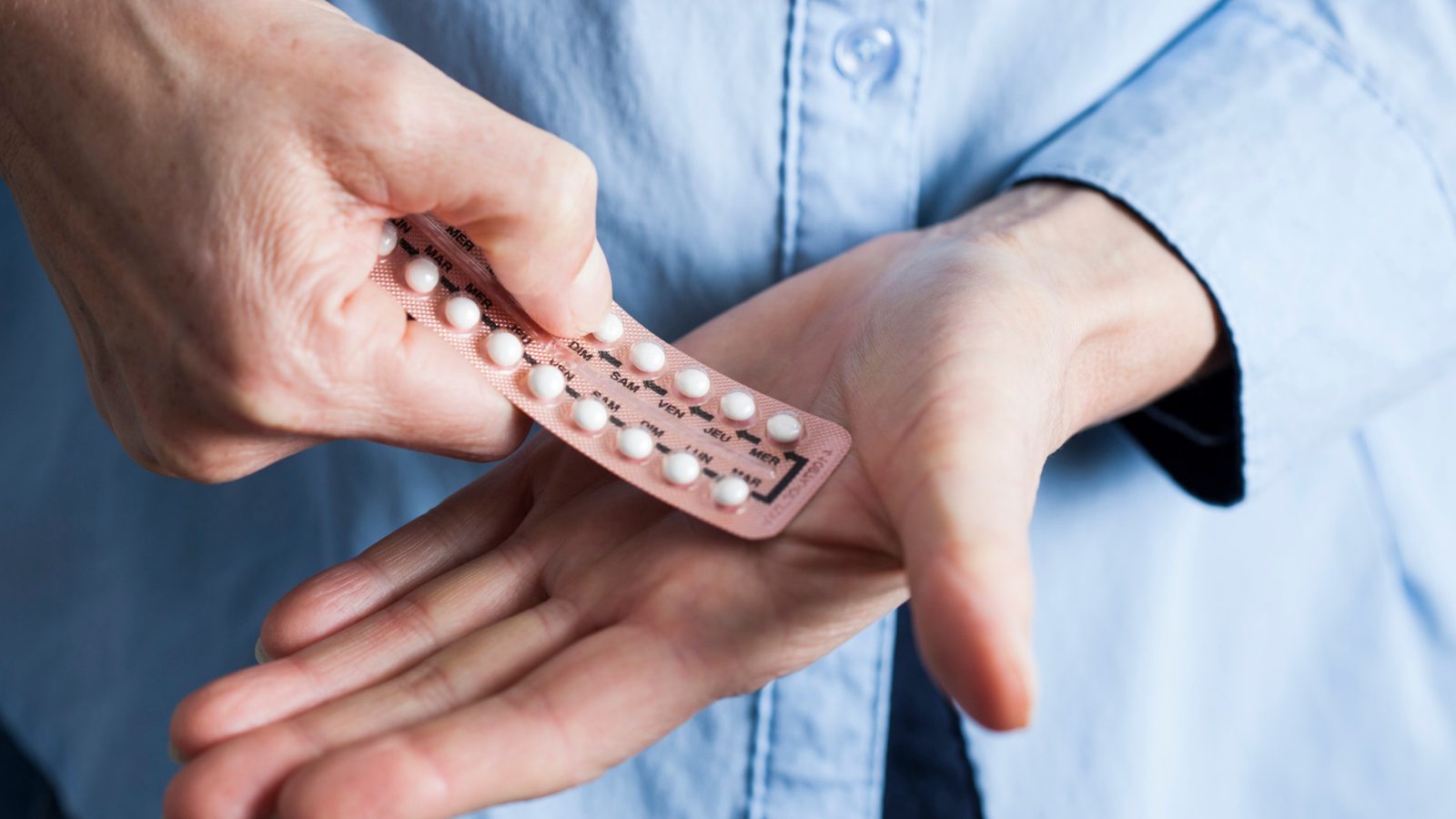
Do I need travel insurance for menopause?
No, as menopause itself isn’t an illness, but a natural process women go through. However, you might need cover for the symptoms of menopause for instance if you’re taking Hormone replacement therapy tablets, you may need to mention that if your insurance asks you for any medication you’re taking. Depending on your provider, they may not charge you extra but some are known to charge a premium price for it. So we recommend you read the fine print of the different insurance policies before buying it.
Menopause movements/charities
Menopause Support is a great not-for-profit company founded by Diane Danzebrink. She believed there should be more education available to both the public and healthcare sector professionals about menopause. To help spread awareness about menopause, she created a national #MakeMenopauseMatter campaign where she asked menopause education to become mandatory for doctors, for greater menopause awareness in the workplace and finally for menopause to be added to the RSE curriculum to be taught in secondary school. In September 2020, menopause was added to the RSE curriculum in England and from 2024, medical students will be taught about menopause. We will also personally like to thank Diane again for all the help she’s provided in writing this blog!
The menopause charity is also doing great work, they believe in a world where menopause is seen as an empowering change for women, not one they dread. They work with individuals who are struggling to deal with menopause symptoms as well as providing support to healthcare professionals with diagnosing and treating menopause. They give evidence-based information, help, support and accredited training.
Balance is a great app created by Dr Louise Newson. It has been developed to give information about perimenopause and menopause to everyone. It gives medical evidence-based information so that people can learn about their symptoms and know what’s going on in their bodies. This way women, trans and non-binary people take their health into their own hands. The app is completely free, and you can access it via both App Store and Google Play. It allows you to add your medical history and track your symptoms. You can also log periods should you still get them, read reviews about various treatments, and keep an eye on your nutrition, mood, sleep and more.
We hope you found this information useful! If you’ve any other suggestions about travelling with menopause, we would love to hear them, so drop them in the comments below! We will leave you wih some wise words from Diane: “If you are feeling anxious about the prospect of travelling, talk about it, share how you are feeling with your travelling companion and let them know what they can do to help. If you will be travelling alone make sure that you take some of your favourite distractions, that could be a book or listening to your favourite mindfulness app or playlist.”